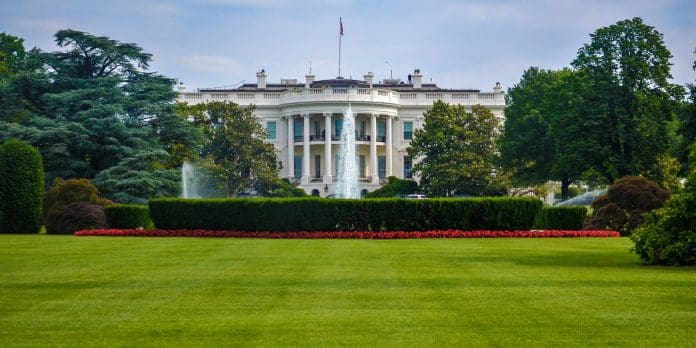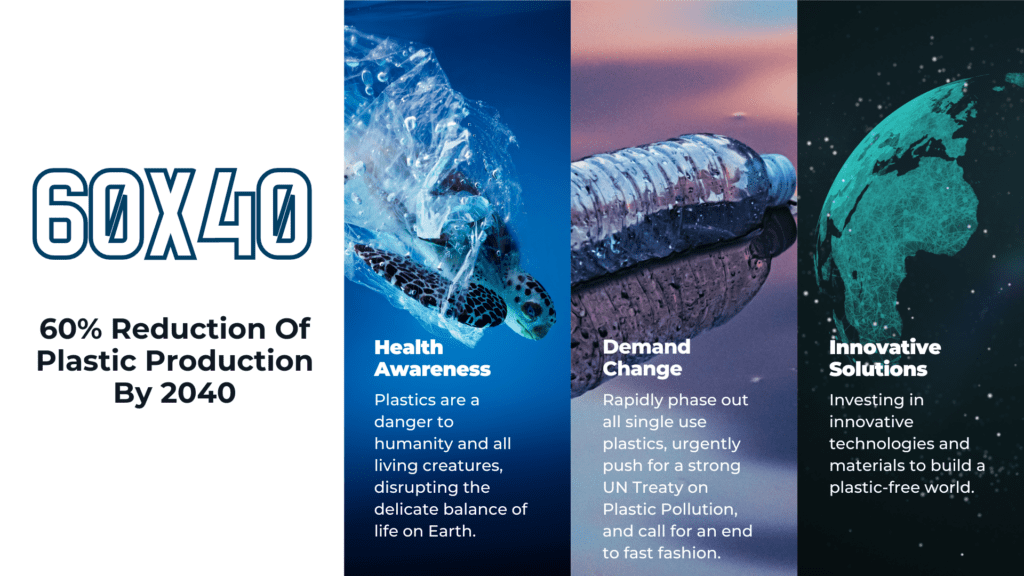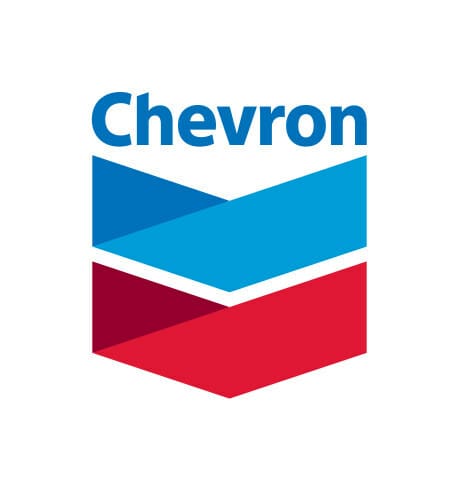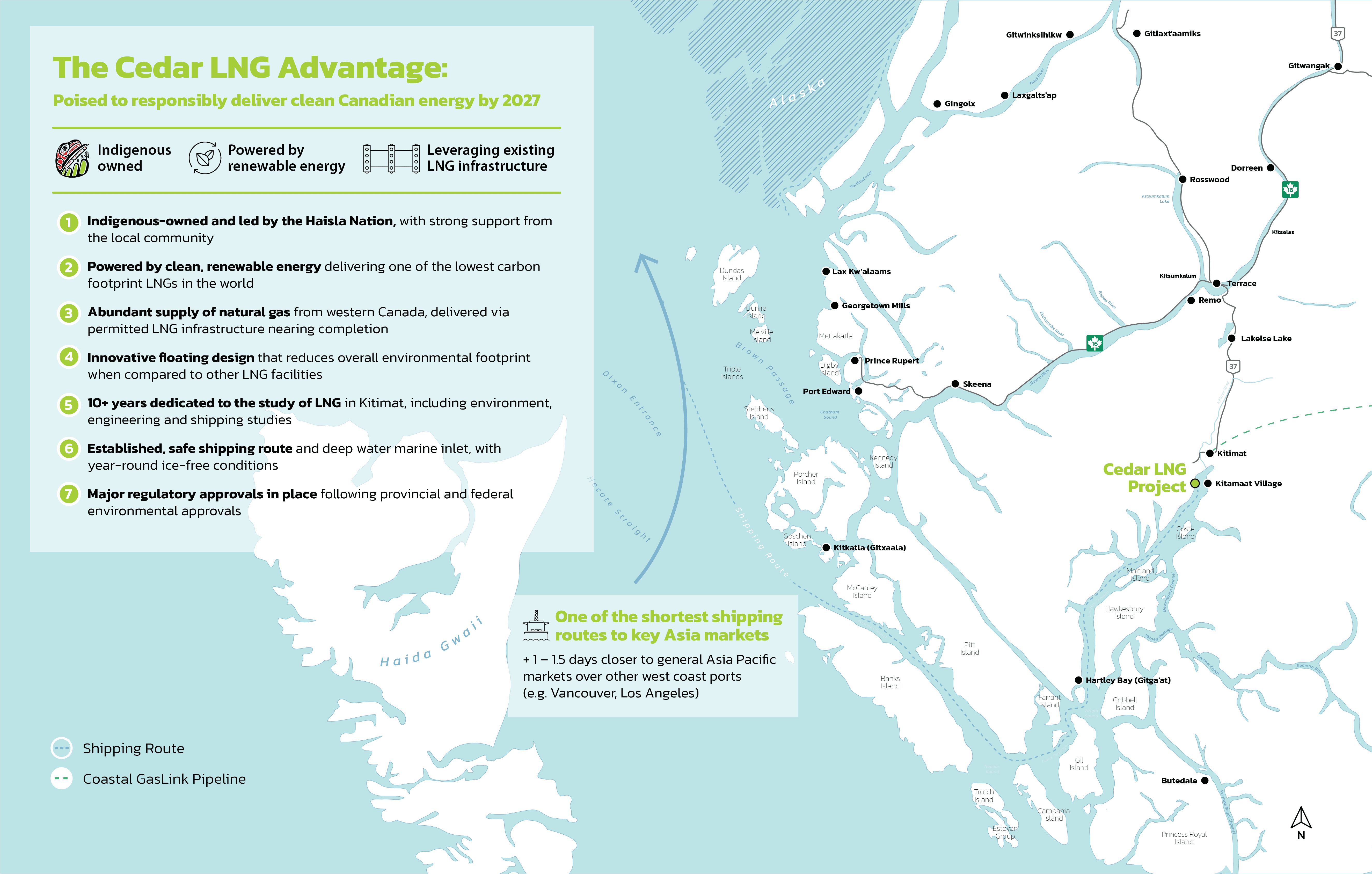Since becoming the 46th President of the United States on January 20, 2021, Joe Biden and his administration have centered their efforts around government funding toward COVID-19 relief, infrastructure, and job creation. On Monday, Biden signed the US$1 trillion infrastructure bill into law after the Senate passed the bill in August and the House passed it roughly a week ago.
Officially known as the Infrastructure Investment and Jobs Act, the bill addresses the need to rebuild critical infrastructure like roads, bridges, and rails, improve drinking water access, high-speed internet, and solve the climate crisis.
The infrastructure bill plans to invest in mass transportation that will help reduce carbon emissions. It also argues that investing US$7.5 billion in electric vehicle (EV) charging is necessary because the US market share of plug-in EV sales is roughly one-third as large as the Chinese EV market. Building charging networks will help increase EV adoption, in addition to more affordable EVs hitting the market. The President’s goal is to build a nationwide network of 500,000 EV chargers which will create jobs and improve the chance for long-distance travel and charging at work and at business and commercial centers.
There is no denying that the passing of the Infrastructure Investment and Jobs Act is a monumental achievement. But it’s just a fraction of what the Biden Administration hopes to accomplish in the coming months.
Much of the bill’s original content had been stripped away through months of negotiations. The bill in its existing form is essentially a whittled down version of what was originally proposed. Some of what was left out has been repurposed in the Build Back Better (BBB) plan.
Not the be confused with the infrastructure bill, BBB focuses on social issues. However, it lacks Republican support. It’s also much larger, with an estimated price tag of US$1.75 trillion. The BBB plan mainly focuses on issues such as education, health care, higher corporate taxes, safety and community outreach, and added investment in EVs. Unlike the infrastructure bill, which mainly focuses on funding charging stations, renewable power generation, and other tangible assets, BBB is orientated toward job creation in alternative energy. “After hearing input from all sides and negotiating in good faith with Senators Manchin and Sinema, Congressional Leadership, and a broad swath of Members of Congress, President Biden is announcing a framework for the Build Back Better Act,” said the White House in a statement. “President Biden is confident this is a framework that can pass both houses of Congress, and he looks forward to signing it into law. He calls on Congress to take up this historic bill — in addition to the Bipartisan Infrastructure Investment and Jobs Act — as quickly as possible.”

















